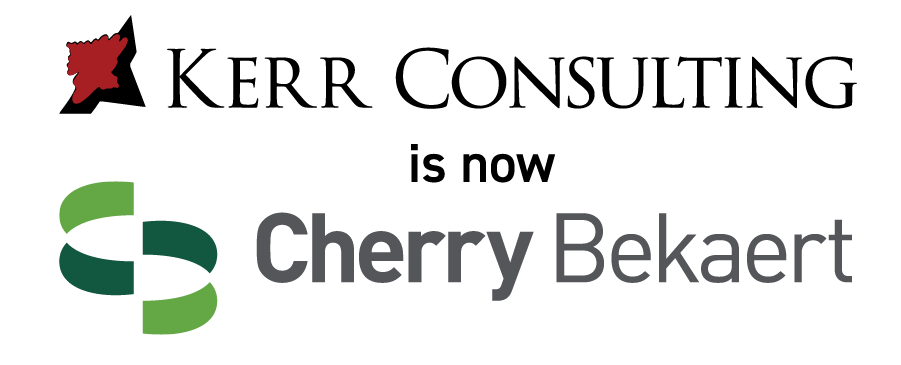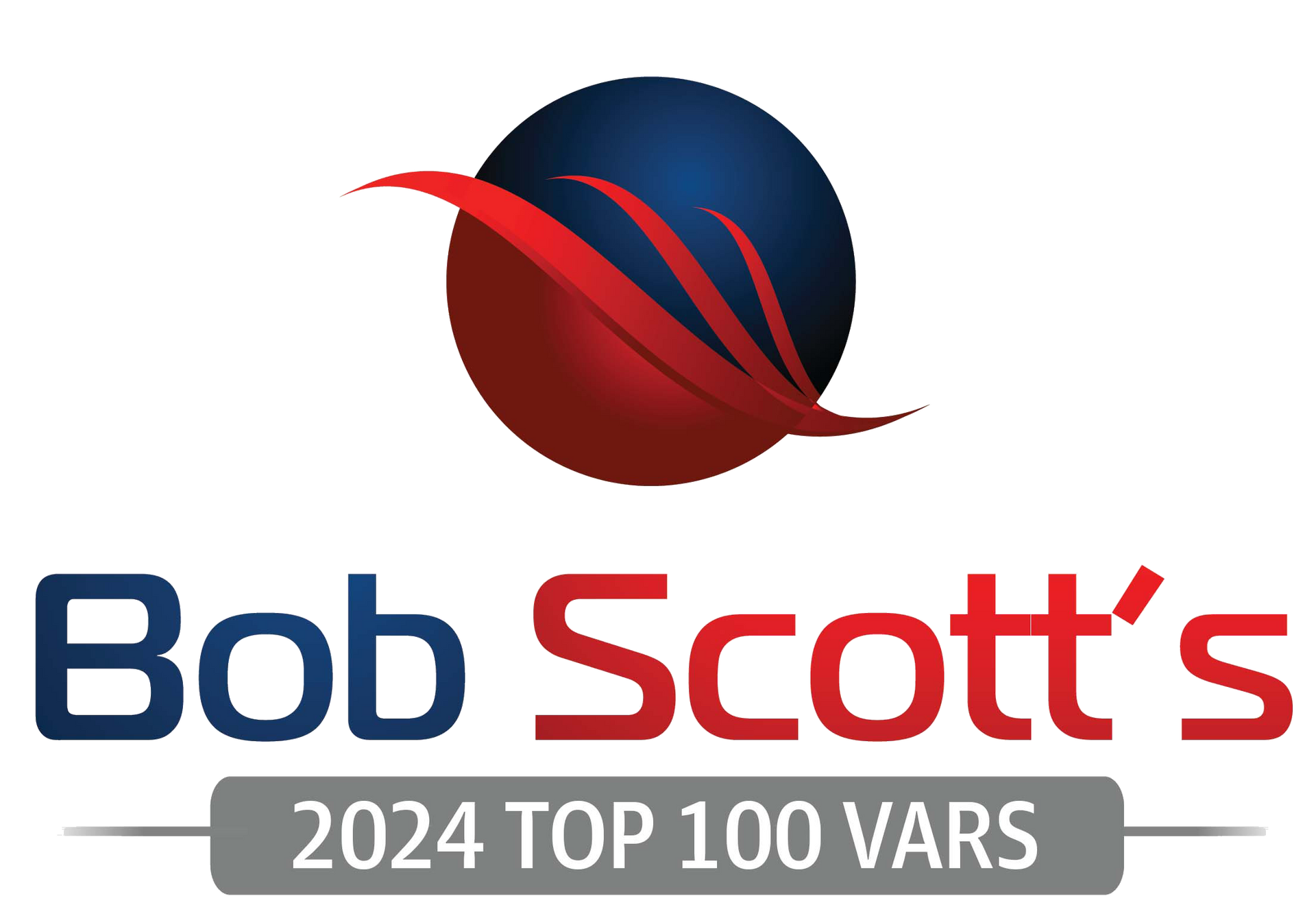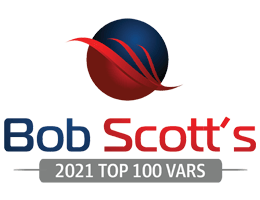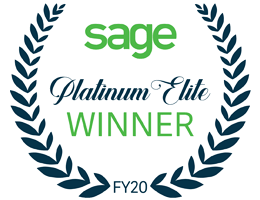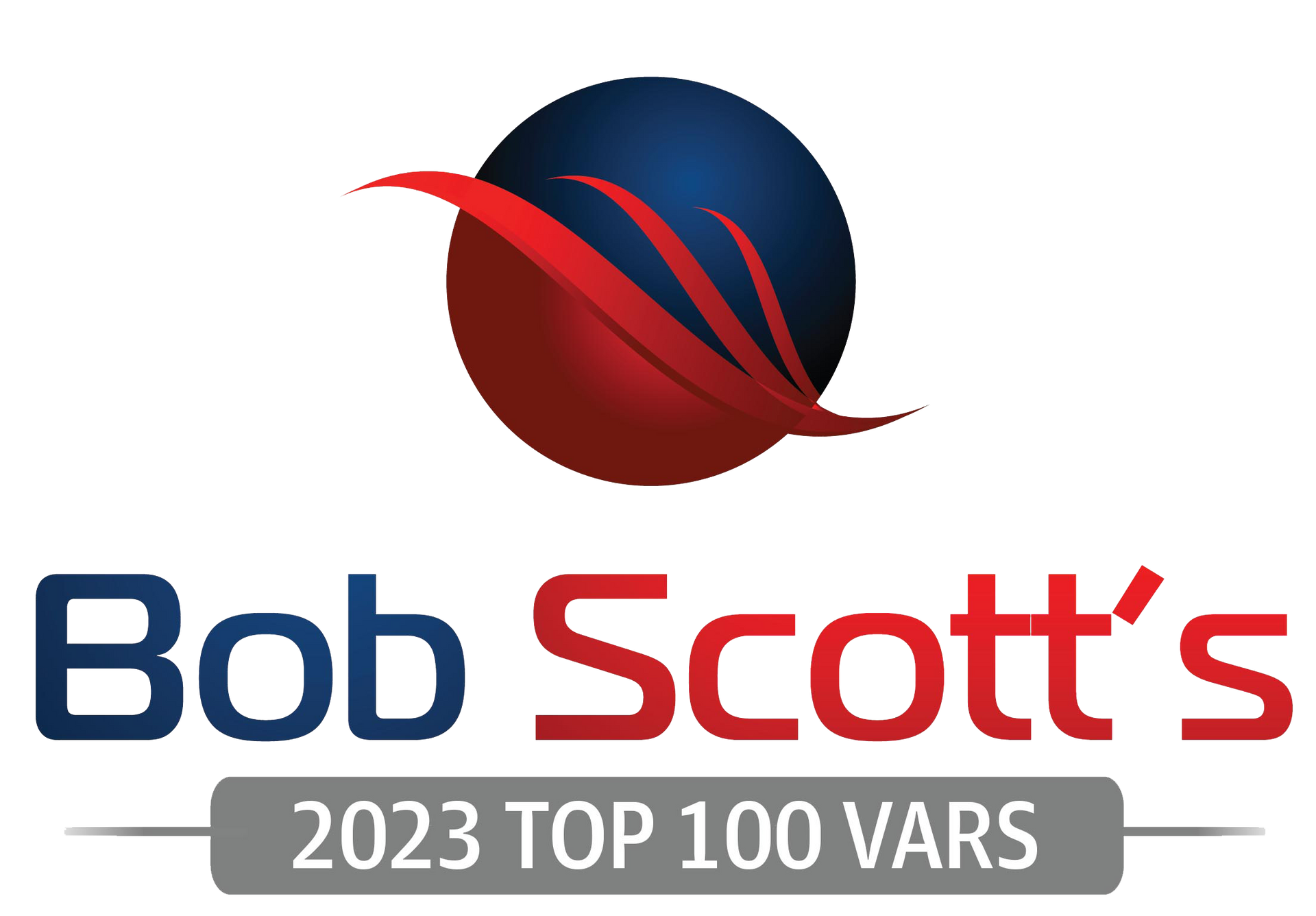What to Look for When Hiring an Accounting Consultant
Tips for Hiring an Accounting Consultant

As a business owner, your finances are sacred. This makes hiring the right accounting consultant a significant decision in the future of your company. Every accounting firm, consultant, and software will make a great first impression, which can make your decision even more difficult. So, how can you find an accountant that has your business’s best interest in mind, is reliable, and excels at small business care?
This article will walk you through how to find an account for a small business, who will support your business as you grow.
Decide If You Want to Work with a Firm, Individual CPA, In-House Accountant, or Software
When it comes to how to find a good accountant, it’s vital to understand all the options on the market and which is best for your company’s goals and needs. To do so, take a moment to consider the following:
- How quickly is your business growing?
- What does your business look like in one year, two years, five years, and ten years?
- Do you have employees or a need for future employees?
- What tasks are you hiring an accountant to perform? Taxes, payroll, bookkeeping, including AP/AR?
- Is there anything unique about your industry that the accountant needs to specialize in?
- What kind of business owner are you? Do you prefer to be hands-on or would you prefer to hand it all over to a CPA?
- What budget do you have in mind for an accountant?
After answering these questions, you will want to set your business’s goals. Choosing firm goals for your business can help you better predict your future needs. When setting your goals, keep in mind whether or not you plan to take on employees (or more employees), expand out-of-state, or move manufacturing out of the country. These will affect which accounting option is best for you.
Once you have answers to these questions and set your goals, you can better decide which accounting option is best for you.
Is an Accounting Firm Best for Your Business?
If you’re an entrepreneur that needs to hand off the entirety of their financials, then an accounting firm may be your best choice. An accounting firm will take on every aspect of your accounting, so you don’t have to think about it.
An accounting firm will also be able to perform every bookkeeping need your business has or will have as your business grows. Many will even assign one CPA to be your main go-to accountant.
Because firms often use an all-inclusive approach, they often charge more than a self-employed accountant.
A Certified Public Accountant (CPA)
A self-employed
CPA can be a great choice if you want an accountant that will provide more one-on-one service and charge according to your growing needs. CPAs often work closely with business owners to discuss tax strategies, advice on cost savings, and predict future needs.
When you hire a CPA, you get the best of both worlds when it comes to a hands-on approach and hands-off. You can also trust them to have your business’s best interest in mind.
One of the few drawbacks of a CPA is they may not have the full range of expertise you would find at an accounting firm (or within a software platform). So, if your business is planning to grow nationally or internationally, be sure to ask potential CPAs what their experience is in those sectors.
Accounting Software System
One of the most cost-effective and hands-on approaches to small business accounting is to use a software system. The benefits of using a software platform, such as
Sage, include:
- Having a foundation that a future accountant can adopt and adapt effortlessly
- Affordability (Accounting software is likely your least expensive option)
- Functionality that grows with your business
- Proven analytics to spot areas where you can cut costs and maximize revenue
- The ability to expand into other software systems, including HR, ERP, and CRM
- Automated payment processing
- Easy to use AR/AP abilities
- Accounting support without the added cost
An Internal Accountant
Once your business is big enough, you may want to consider taking on an in-house accountant. While a full-time accountant comes with the cost of a salary and benefits, they can take full ownership of your business’s numbers.
While most small businesses don’t have a need for a full-time internal accountant, it’s important to keep in mind that you may want to hire one in the future. Using a digital accountant platform can make handing over your financials simple.
Where to Find a Qualified Accounting Consultant
Once you have decided which form of professional accountant assistance you need, it’s important to understand how to find an accountant that’s qualified and trustworthy. Keep in mind that in a perfect world all accountants would be honest, upstanding, and ethical. And while we don’t want to scare you, the last thing you want is to be contacted by the IRS for back taxes or a filing discrepancy.
Use Recommendations to Your Advantage
The best place to find an accountant with a strong reputation is by asking friends, family, and other business owners. When you hire via word-of-mouth, your accountant comes with a built-in referral.
Do a Quick Online Search
You’ll find plenty of local, qualified accountants for small businesses with a quick Google inquiry. You can also read their reviews, explore their websites, and even begin chatting with them to get a better idea of their style and expertise.
Look into Software Platforms for Accountant Support
If you’re considering using an accounting software platform, you may also receive the benefit of accounting consultation. When comparing software choices, look to see if the platform comes with access to
an accounting forum, FAQ, and software support.
Use the I.R.S. Directory
Before committing to any CPA, especially if they’re preparing your taxes, be sure they’re registered with the
I.R.S. tax preparer directory.
How to Hire an Accountant for Consultation Who You Can Trust
So, after you’ve learned how to find a good accountant, you will need to know how to hire an accountant. On-boarding a new accountant can be tricky and time-consuming. However, if you follow these steps, you can save time and make the process smoother:
Prepare Documentation
Gather all relevant financial documents and account information you need to hand over to your new accountant. Organize it and label everything to the best of your ability.
Don’t forget to make a copy to keep for yourself.
Schedule a Meeting with Plenty of Time
Accounting is complex. When you first meet with your new accountant, you do not want to be rushed. They will have plenty of questions for you, and you will have plenty to explain.
Educate Your Accountant on Your Business
Set your new accountant up for success by being as transparent about your past record-keeping and your future goals. If you have any upcoming business developments, let them know ASAP. This allows your accountant to prepare accordingly.
Follow-Up as Needed and Ask Questions
If your newly hired accountant requests documentation or any other information from you, it’s important that you follow through so they can do their job to the best of their ability.
And do not hesitate to ask questions along the way. One of the biggest perks of your new accountant is their experience and expertise. They can save you money and help you make informed financial decisions.
Watch Your Small Business Grow with the Help of an Accounting Consultant
Whether you’re ready to hire a CPA, use an accounting firm, or begin using an accounting platform, an accountant consultant can help your business grow. Now that you know how to find an accountant and hire an accountant that works for your business needs, you can move forward in your business ventures with newfound confidence.
Want an accountant consultant without the hassle and expense of hiring one? Set your business up for success with
Sage’s accounting software for small businesses. With Sage, you can effortlessly maintain payroll, accounts payable and receivable, and prepare your tax documents.
